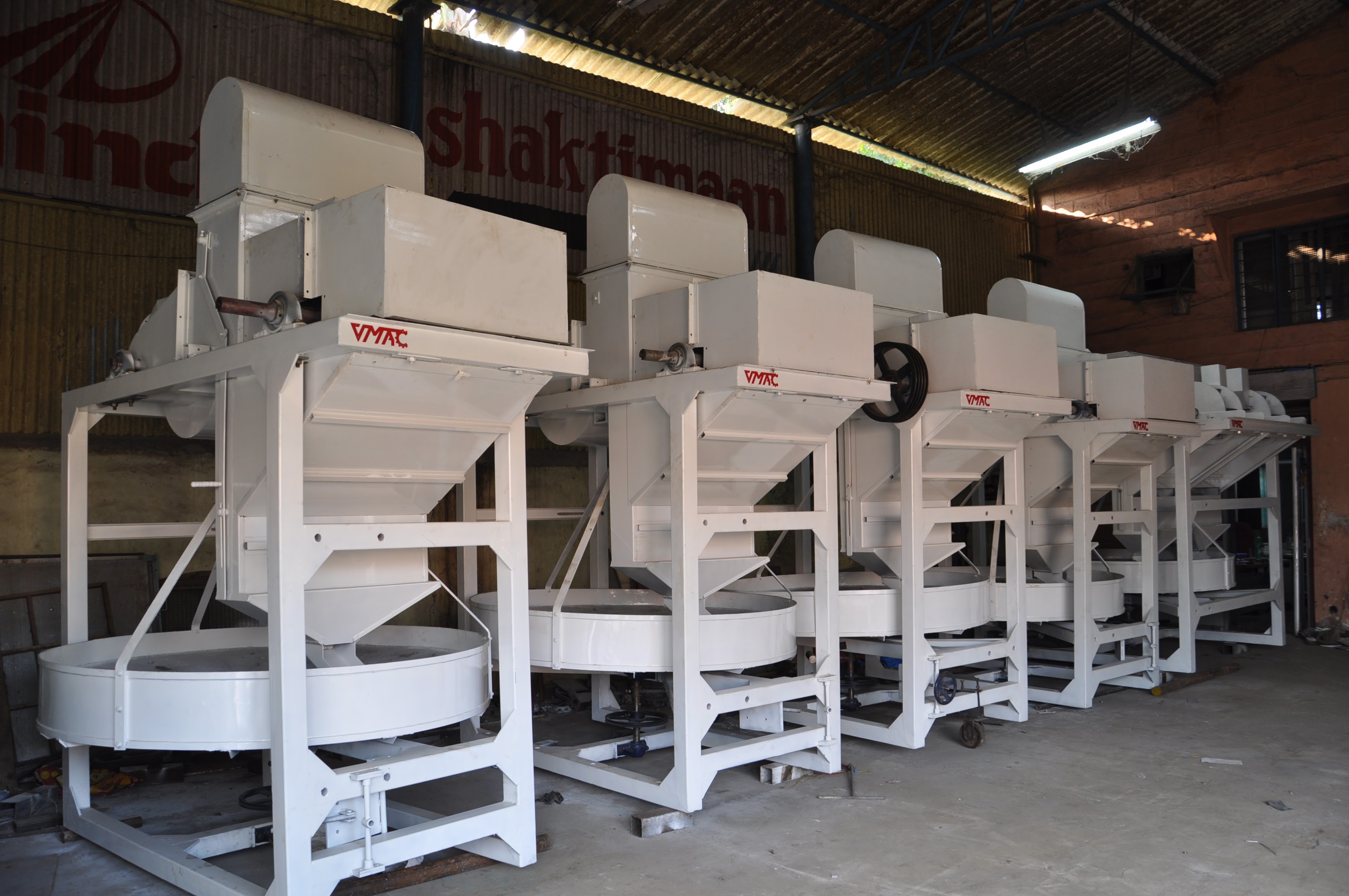
Production
Mastering Coffee Production
At Vmac Industries, we've mastered the balance between traditional craftsmanship and modern technology.
Learn how to navigate the rigorous requirements of global coffee markets, ensuring your beans meet quality, safety, and certification standards for smooth international trade.
For producers looking to expand beyond domestic boundaries, exporting coffee opens doors to a lucrative global customer base—ranging from specialty roasters in Europe to bulk buyers across Asia. However, selling coffee internationally involves more than just packing up beans and sending them overseas. Each target market may have unique regulations, quality standards, and certifications that must be met. This guide outlines the critical steps for preparing export-ready coffee that meets international compliance, maintains consistent quality, and appeals to demanding buyers worldwide.
Avoiding Rejections and Fines
Customs agencies and importers can reject shipments that fail to meet specific documentation or food safety standards, leading to financial losses and damaged reputations.
Earning Buyer Trust
Retailers and roasters prefer partners who demonstrate diligence in meeting regulatory and quality benchmarks—often paying premiums for traceable, ethically sourced beans.
Gaining Market Access
Certain certifications (e.g., Organic, Fair Trade) are prerequisites for entry into niche or specialty coffee segments, broadening your sales channels and boosting brand recognition.
Building a Global Brand
Achieving reputable international compliance paves the way for long-term relationships, stable demand, and a robust presence in multiple coffee-consuming regions.
Residue Limits
Some nations impose strict limits on pesticide or chemical residues. Knowing these thresholds ensures you select or test beans accordingly.
Labeling and Packaging Rules
Legal requirements often cover roast date, net weight, origin, and even language usage.
Food Safety Standards
Regulations like FDA requirements in the U.S. or EFSA guidelines in the EU can dictate safety checks for microbiological contamination or foreign objects.
Quality Grades
Buyers may demand specific grading standards (e.g., Grade 1 for specialty coffee).
Certifications
Large chains or specialty roasters might require evidence of sustainability, such as Rainforest Alliance, UTZ, or Fair Trade.
Traceability
Increasingly, purchasers expect detailed records of farm origin, lot numbers, and processing methods to guarantee authenticity and ethical sourcing.
Key Deliverable: A compliance checklist or reference document outlining each target market’s distinct legal, labeling, and quality requirements.
Pre-Export Grading
Ensure beans meet the correct size and defect tolerances. Machines like gravity separators or coffee graders can standardize quality before packaging.
Cupping and Sensory Evaluations
Regularly taste-test beans for off-flavors or fermentation defects. Specialty buyers rely heavily on consistent cup profiles.
Pest and Mold Prevention
Maintain moisture content in the 10-12% range and store beans in hermetic or climate-controlled environments (like VMAC Silos) to inhibit mold or pest infestations.
Documentation
Keep thorough records of farm inputs (e.g., fertilizers, pesticides), fermentation times, drying processes, and storage durations to back up any quality claims.
Criteria
Beans must be grown without synthetic pesticides or fertilizers for a specified transition period.
Inspection
A third-party certifier audits farms and processing facilities to confirm organic practices.
Labeling
Different regions have their own logos (e.g., USDA Organic in the U.S., EU Organic in Europe).
Focus
Ensures farmers receive fair minimum prices plus social premiums for community development.
Compliance
Co-ops or estates must adhere to labor standards and democratic decision-making processes.
Market Impact
Highly regarded among ethically minded buyers, often commanding a price premium.
Rainforest Alliance / UTZ
Validate sustainable farming practices, biodiversity conservation, and fair labor conditions.
ISO Standards
ISO 22000 for food safety or ISO 14001 for environmental management can be beneficial for larger commercial exporters.
Key Deliverable: A certification roadmap detailing eligibility, required steps, auditing timelines, and associated costs.
Durable Packaging
Choose materials (vacuum-sealed bags, nitrogen-flushed pouches, etc.) that withstand long transit, preserving freshness.
Proper Seals and Labels
Comply with destination rules—specify net weight, origin, roast level, and date codes. Some jurisdictions demand additional disclaimers (e.g., allergen warnings).
Traceability Info
Batch numbers or QR codes can enhance transparency and expedite customs checks.
Protect Against Moisture
Use desiccant packs or humidity controllers if shipping in humid conditions.
Secure Palletization
Proper stacking and strapping reduce the risk of bag punctures or tip-overs.
Ventilation
If shipping green beans in hot climates, ensure containers have adequate airflow to prevent condensation.
Invoice and Packing List
Basic commercial invoice outlining item descriptions, HS codes, and financial transactions.
Bill of Lading
Proof of shipment details, crucial for verifying cargo ownership.
Phyto-Sanitary Certificates
Mandatory in some countries to confirm beans are pest-free.
Certificate of Origin
Establishes where the coffee was grown or processed, relevant for tariffs or quotas.
Choosing Freight Forwarders
Experienced forwarders can guide you through customs paperwork, import licenses, and route selection.
Insurance
Marine or cargo insurance shields you from losses if beans are damaged or delayed en route.
Communication with Buyers
Offer real-time tracking or updated arrival estimates to maintain trust with roasters or distributors awaiting delivery.
An African coffee cooperative seeking to crack the EU market identified pesticide residue limits as a potential barrier. By switching to organic-certified farming and tracking field inputs meticulously, they achieved EU Organic Certification within two years. After adding gravity separators and vacuum-sealed packaging, the cooperative successfully entered premium markets in Germany and the Netherlands, fetching prices 30-40% higher than before.
Key takeaway: Systematic compliance—both on the farm and in processing—unlocks premium market opportunities, rewarding the effort with higher margins.
Exporting coffee successfully hinges on thorough standards compliance, quality assurance, and robust documentation. From ensuring pesticide residues meet global thresholds to optimizing packaging for long voyages, each step contributes to a smooth experience for importers and top-tier satisfaction for end consumers. By investing in advanced processing equipment, certifications, and traceable quality protocols, you can confidently expand your coffee’s reach to every corner of the globe—and command premium prices in the process.
Lastest blog posts